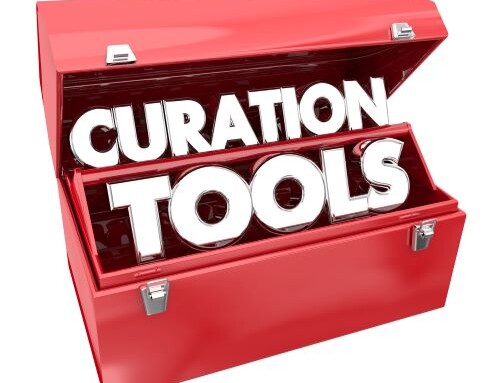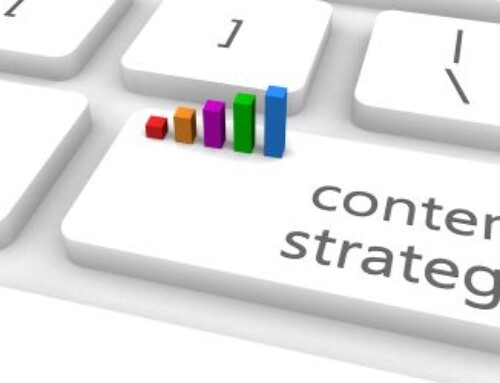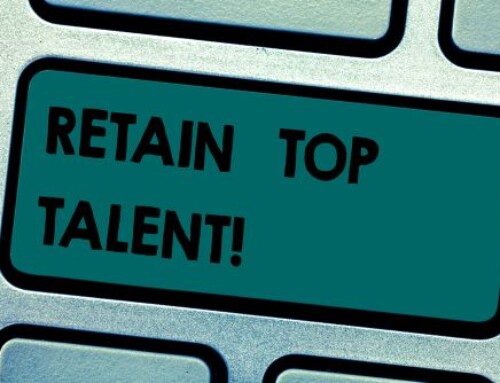Our technologically advanced age means that there are increasing demands on corporate meetings to keep up. No area of commerce feels this more acutely than the medical and pharmaceutical industry. Many pharmaceutical companies are finding it difficult to adapt to the ever-increasing security demands while still keeping meetings relevant and interesting. Here are a few tips to help keep your meetings safe, secure and engaging for your attendees.
Safety First
As regulations and codes become more demanding, pharmaceutical companies are facing looming fees if they fail to comply. While the rise in cyber-attacks and hackers certainly justifies the increased regulations, it also means that the company that fails to adapt may also lose their reputation as well face penalties and fines. Companies need to be extra vigilant in guarding against data breaches, cyber-attacks, and uncompliant sourcing. A few ideas to keep offsite meetings secure:
- Discuss what proprietary information will be disclosed during the meeting, and who will have access to it. If necessary, gain written protection from any who will have access prior to the meeting.
- Ensure that registration is closely monitored and that admittance to the meeting requires credentials such as a badge and photo ID.
- Evaluate what data will be shared with venue staff or other third parties, even if simply via a hand-off. What safeguards do you need to have in place to protect against data breaches?
- Look for areas within the venue where recording devices could be hidden, or consider ways in which attendees, vendors or other third parties could share information. For example: social media, digital recording, etc. What are some ways you can prevent undisclosed, yet prohibited sharing of proprietary or private data?
Compliance on the Grand Scale
Compliance is big area of concern especially in the healthcare sector. This compliance comes from a variety of difference sources and isn’t just limited to government or country standards. When planning, managing and executing meetings, one of the most important aspects is understanding all the areas of compliance. Some that should be considered are as follows:
- Internal compliance: What internal policies are applicable to the meeting? This may include branding guidelines, spending/budgeting, vendor preferences, travel policies, meeting standards/policies and guidelines, data security, risk assessment and mitigation, etc.
- Industry, market or consumer compliance: What compliance standards are specific to the audience, to the market, to the industry, etc. that you should include as part of your compliance strategy?
- Country compliance: The home country should be considered when evaluating compliance standards. Certain meal caps, the standard of hotel accommodations, as well as the class of airline seating may all be part of compliance standards.
Don’t Ignore Attendee Satisfaction
In the mad dash to manage risks and ensure safety, meeting planners have another issue to juggle – attendee satisfaction. Because of the oftentimes data rich format of medical findings, attendees often struggle to engage with the meeting content. Lack of engagement inevitably leads to dissatisfaction. Since engagement and satisfaction are the factors that drive return on investment (ROI) in the pharmaceutical industry, this does not bode well for future meetings. A few ideas that can enhance engagement:
- Use real-time gamification apps to encourage interaction and gauge how well attendees are relating to content.
- Opt for real-time feedback and survey apps that provide feedback which can help guest speakers as well as others adapt to what attendees are connecting with to create more relevant (and interesting) experiences
- Experiment with a variety of different communication styles and meeting structures from hands-on experiences, to networking with others, to traditional workshop styles. This can help everyone learn in a variety of different ways making for more memorable and meaningful meeting.
Essential Meeting Planning Services
What can be done to tighten security while boosting engagement? Balancing the diverse needs of pharmaceutical meetings can be a challenge to even the most experienced meeting planner. That’s why we’ve compiled this list of six essential meeting planning services you’ll want to focus your attention on for your next meeting.
- Budgeting
The looming price tag associated with making the needed changes can easily become overwhelming. However, before you start worrying about how to generate the necessary funds, reassess your budget. Many in the pharmaceutical industry fail to regularly review their budget and costs. Can key areas such as food and beverage, audiovisual, or venue be adjusted? Is there a cost containment strategy you can implement to keep spending to a minimum or set maximum expenditures? - Sourcing
As you make key decisions on venue and vendor-partners keep in mind the need for extra security. For the ease of your attendees, you’ll want a venue with easy access. However, it is essential that the venue goes to extra lengths to keep the space secure. Some safety measures might include extra security personnel and video recording to ensure that only attendees are admitted into the event. If you’re not careful, vendors can also pose a huge risk to the security of your event. Make sure you are performing all of the necessary security checks on vendors and suppliers. Not only do they need to be correctly sourced, but you also need to ensure they are complying with the security and privacy protocol. In some instances, you may need to pursue a full buyout request with your venue or vendor-partner. - Security and Risk Mitigation
Security needs to be more substantial than just an IT tech and a couple badge-checkers. Seek legal help to ensure you understand the complex compliance guidelines for vendors and venue. Make sure there are no vulnerabilities in your data lines, audiovisual equipment, and teleconferencing software. Don’t forget the standard risk mitigation actions such as reviewing contracts to ensure that cancellation, attrition, or hidden clauses don’t result in costly fees later. - Registration
Long check-in lines take away from the attendee experience. Therefore, it is important to streamline the process without compromising security. This can be done by investing in new registration and check-in technology. For example, enhance security standards by implementing digital processes and access passes. - Follow-up Reporting
Follow-up reporting is always an important part of meeting planning, but it is even more vital in the pharmaceutical industry. Expenses must be carefully tracked and audited to ensure compliance and eradicate opportunities for fraud. - Technology
Technology is not only an asset when it comes to cutting costs and improving productivity, but can also greatly improve the user experience. Mobile apps can allow you to improve engagement among your attendees. Use gamification or social media platforms to encourage networking and interaction. Employ live survey and poles to gauge how attendees are feeling about the event. That way you can get a feel for what worked, what didn’t, what was learned, and what topics to focus on for next time.
Conclusion
The challenges facing the pharmaceutical industry are more substantial than ever. This is why it is essential that a procedure exists ensuring attendee safety and satisfaction be streamlined. There is no place for outdated and antiquated processes. Ensure safety and compliance with efficient check-in and registration, risk mitigation, proper sourcing, and follow-up reporting. And remember, as dangerous as cyber-attacks can be, technology is still one of your greatest assets. Use it to boost attendee engagement. Follow these steps and you’ll be prepared to face today’s challenges head-on.
Need help with your next corporate meeting or event? Contact Gavel International to learn more about how meeting planning can help your company.
Sources:
http://www.pharmexec.com/lessons-pharma-merck-cyber-attack
http://www.fisherclinicalservices.com/en/learning-center/insights-blog-overview/pharmaceutical-supply-chain-security-is-it-important.html
https://www.meetingsnet.com/pharmaceutical-meetings/investigating-investigator-meetings
https://www.csoonline.com/article/2130779/10-tips-for-offsite-meeting-security.html
This article was last updated on November 28, 2022
- Attract and Retain Top Talent with These 10 Desirable Company Culture Traits - December 23, 2024
- 7 Myths That Make Your B2B Marketing Content Ineffective - November 25, 2024
- 9 Fun and Moving Ways to Empower Employees by Giving Back - November 18, 2024






